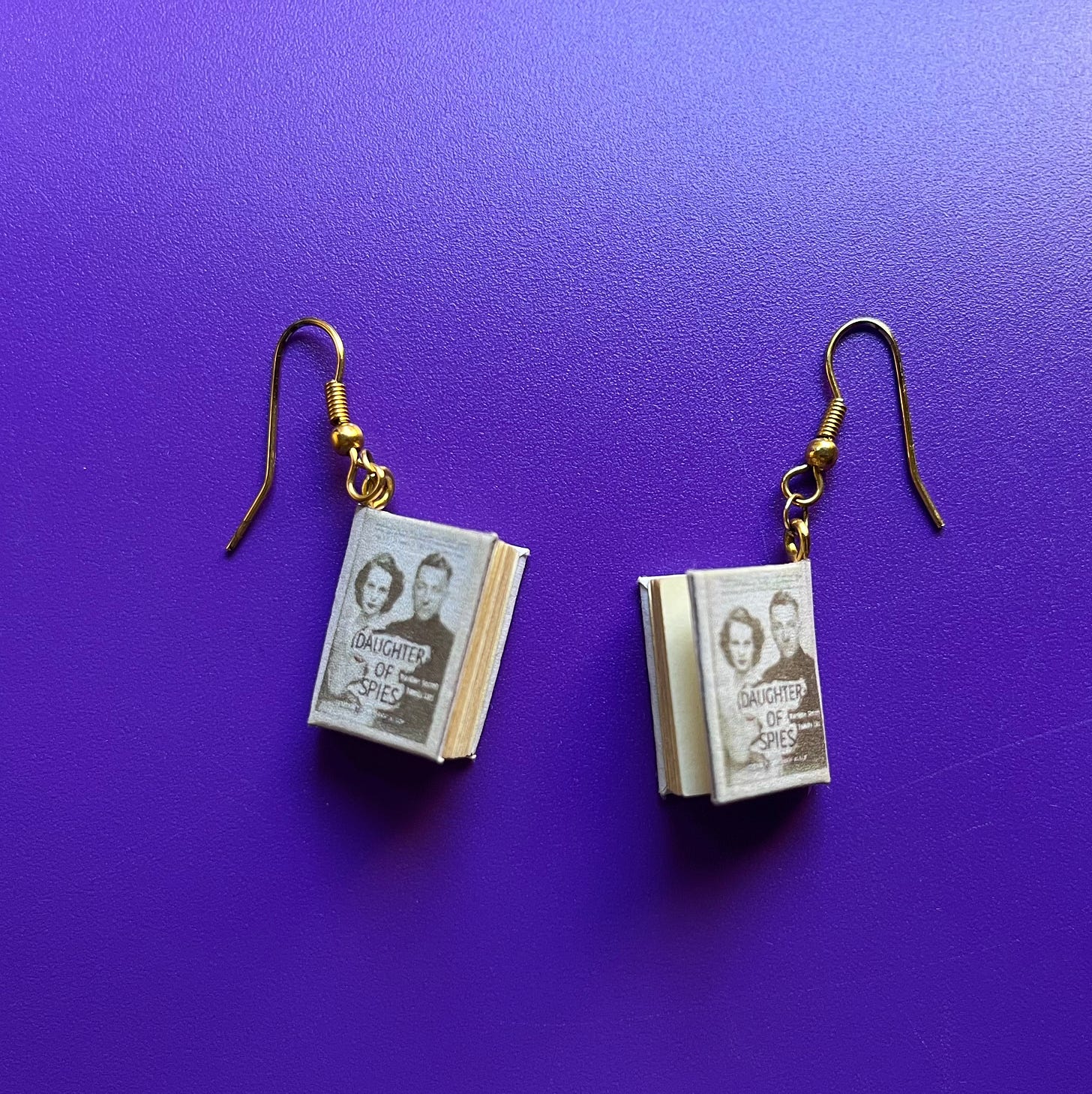I got a threatening letter last week.
For an author who depends on royalties for income, it was a scary moment. I had recently decided that every time I posted a quote on social media platforms from a writer I admire, I would include a photograph of the writer. This one time, I managed to use one of the very few photographs of this particular author that was copyrighted. In the letter, I was informed by the picture rights agency that I had illegally downloaded and used a photograph of an author that was copyrighted by the French agency who employed the photographer. Unless I could produce a license indicating that I had the right to use said photograph, they demanded what for me, was a substantial sum of money, to be paid within 14 days or the case would be referred to an external copyright litigator.
I believe in copyright. As I said before, it’s the way I make my living. I’m very careful when I use words that are copyrighted, but I should have been much more aware of copyright issues when I downloaded images. Lesson learned.
I immediately took down the image from my Facebook author page where, as I pointed out to the picture rights agency, it had received exactly ONE LIKE. Then I wrote an email explaining that I’m a single proprietor, a writer whose royalty income is being squeezed by so many pressures in the publishing industry, and I’m aware that the fee I was being charged would not go to the writer I had quoted or to the photographer who took the picture but to the large press agency that had commissioned the photograph. The picture rights agency must negotiate these issues often. They got back to me within five minutes, reduced the fee by 34% and reminded me that the offer would be withdrawn if I didn’t pay in the next 10 days.
I paid.
So, fellow writers, here’s how to avoid this kind of situation. When you search for a person’s photograph or a cartoon or any image, first click on the images icon on Duck Duck Go (my preferred browser) or Google, click on the licensing icon and choose Free to Share and Use. Then be sure to open the website that has posted the image so you can fully understand any requirements for using that image.
When I asked a lawyer about this kind of image copyright issue, he called it “copyright trolling.” However, he pointed out that it is legal, and protects image creators from having their works infringed.
In the age of the internet, what can be done to protect a writer or “story creator” from having her words infringed? Very little it appears. To give you just a few examples, my work is pirated all the time by shady international organizations promising full PDF downloads of any book for only $8 a month and my books have been scanned in full with no payment to me and it’s clear that those scanned books have been used to train AI bots.
The growth of the internet has seriously eroded the concept of copyright. And with AI, we’ve once again let the technological cat out of the bag without considering the ethical implications or if it’s even possible to regulate the ways in which a computer can replace a creator.
No wonder the writers in Hollywood are on strike..
P.S. So many of you have kindly asked where I got my new earrings,
that I’m posting the site here. If you are a book lover, author, librarian, bookseller, agent…consider ordering a pair of these for yourself or a friend.






ugh!